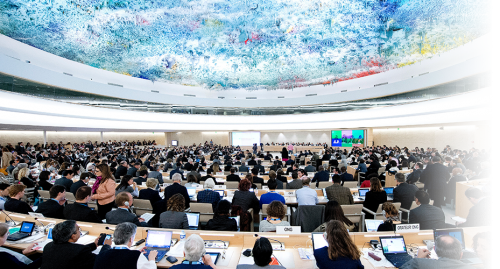"With [a] global mandate to protect 'the free flow of ideas by word and image', UNESCO acts worldwide to advance fundamental freedoms, and to ensure that obligations are fulfilled and rights are exercised. [UNESCO works] to increase the knowledge and capacities of judiciary members on international and regional standards on freedom of expression and the safety of journalists. As a result, since 2013, more than 18,000 judicial operators and civil society representatives in Latin America, Africa and the Arab region have been trained on these issues. This toolkit on international standards for freedom of expression builds on these efforts, aiming to give a global scope to this endeavour. By reinforcing the knowledge and capacities of the judiciary, the toolkit effectively contributes to the implementation of the UN Plan of Action on the Safety of Journalists and the Issue of Impunity, adopted by the UN Chief Executives Board in 2012 and recognised by the UN General Assembly in 2013. The Plan of Action aims to create "a free and safe environment for journalists and media workers in both conflict and non-conflict situations, with a view to strengthening peace, democracy and development worldwide". [It is hoped] that this toolkit will be a useful tool for judges, public prosecutors, judicial training institutes, academics and judicial actors at large, so that respect for freedom of expression, public access to information, and the safety of journalists become an integral part of efforts to guarantee and promote human rights in our societies."

